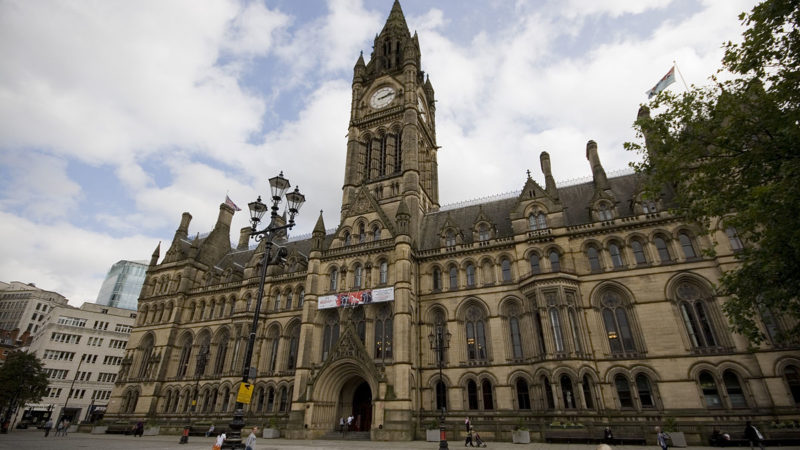Austerity is hitting hard - but progressive councils are finding ways around it.

Where Labour councillors hold power, they face a tough balancing act. On the one hand, they want to offer a progressive programme, on the other they need to make savings because of the Conservative government’s cuts to their main grant.
An electoral risk is present here too – Labour councillors could end up shouldering (at least some) blame for reducing services when they have been forced to do so by the exigencies of national government cuts.
Much has been made of May’s results heralding Labour’s ‘best local election results since 1971’. But last week’s elections actually seem to demonstrate a consolidation of Labour’s position from the 2017 general election – and further work is needed for Labour to form a government by winning places like Swindon, Nuneaton, Carlisle and Worcester.
In this context it is vital for Labour-controlled councils to remain campaigning outfits but also to think innovatively to deliver policies that can improve the everyday lives of local residents.
Naturally, Labour councillors have already been doing exactly this – but we need a more consolidated approach to demonstrate that, when in power, Labour delivers for everyone.
Here are four policy areas where Labour councils are already making a difference and where others should follow:
1. Thinking creatively about homes
Housing is Labour’s bread and butter at the local level. Although many Labour councils are managing to build some new council homes – despite restrictive national government policies – more action is needed to tackle local and national housing crises.
Establishing wholly-owned housing companies is one option being pioneered by Wolverhampton and Reading – the former aiming to develop brownfield sites with a mix of affordable and market-priced housing and the latter working to improve the private rented market by being an excellent landlord and using income from market-rented homes to subsidise social rents.
Labour councils must appreciate that the private rented sector increasingly houses young (and even not-so-young) people and families. They should follow the example set by Manchester, Sheffield, Oldham, and other councils in cracking down on rogue landlords and piloting innovative and robust licensing schemes to achieve immediate improvements to standards.
2. Greener and cleaner environment
Environmental policy can be roughly divided into those things that are strategic and those that are ‘everyday’. Labour councils have a golden opportunity to lead the way in making meaningful improvements to the environment. Clean air zones can be created by excluding the most polluting vehicles from our town and city centres.
Lambeth is leading the way in creating or supporting community-owned cooperatives to install solar panels and other renewable energy generators to decrease emissions, cut energy bills and empower communities. The everyday must not be neglected either, and securing Section 106 contributions for local parks and green spaces should be a priority. It is the quality as much as the quantity of green space that matters, and parks and open spaces provide valuable ‘green lungs’ and community space in urban areas.
3.Stronger and happier communities
Labour is at its best when it is rooted in local communities and councils must look to promote the growth of local community groups, helping them to deliver activities and services that might otherwise be lost in financially constrained times. Reduced price access for residents to leisure facilities and collaboration with partners to ensure good cultural event programmes both help people to live healthier, happier and stimulating lives.
On the other side of the equation, residents are often concerned by anti-social behaviour and this can blight neighbourhoods. Multi-agency action with a focus on rehabilitating behaviour is often the only way to resolve entrenched anti-social behaviour issues and proper systems must be established to facilitate this. Stevenage deserves particular praise for their robust ‘No More’ initiative.
4. Generating revenue for public transport
Improvements to local transport often depend upon large infrastructure funding, but Nottingham has implemented a workplace parking levy that encourages the use of public transport (by prompting businesses to manage their staff car park capacity). The proceeds are then used to subsidise and extend the public transport offer itself.
All this is exactly the kind of bold and creative thinking that Labour councils should be aiming for.
Jason Brock is a senior researcher at the Fabian Society and a councillor on Reading Borough Council.
Pic: Manchester town hall.
To reach hundreds of thousands of new readers we need to grow our donor base substantially.
That's why in 2024, we are seeking to generate 150 additional regular donors to support Left Foot Forward's work.
We still need another 117 people to donate to hit the target. You can help. Donate today.



